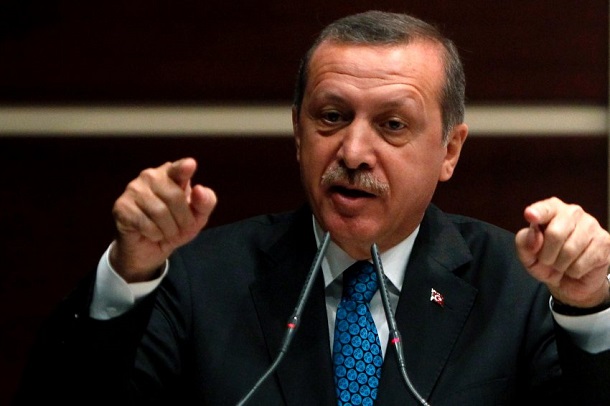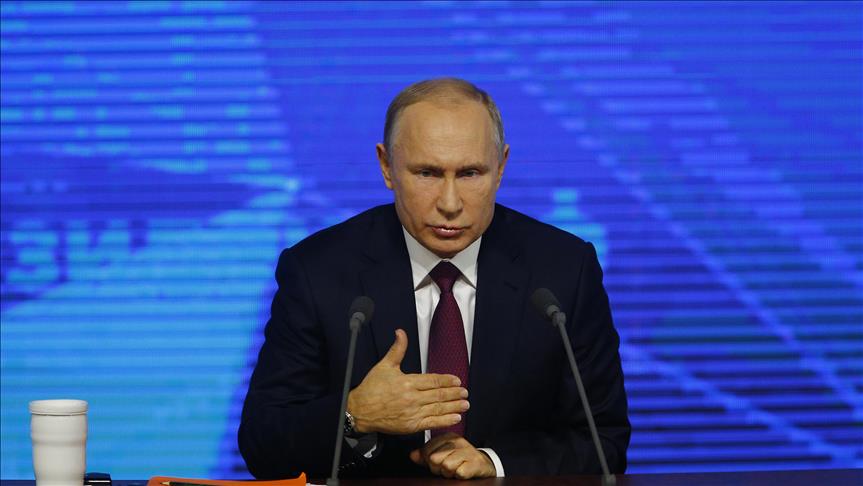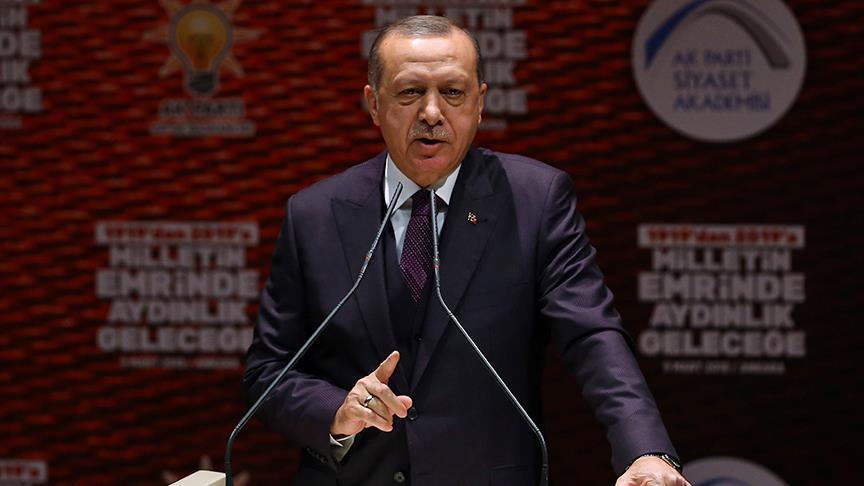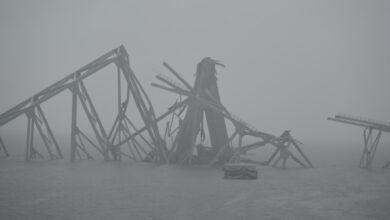Turkish PM Erdogan’s have failed at request military intervention in Syria, Turkey’s prime minister so they began to accuse Putin and Obama,
Turkish Prime Minister Tayyip Erdogan said he doubted Assad would fulfil his pledge to put Syria’s chemical weapons under international control, accusing him of buying time for new “massacres.”
Turkey, one of Assad’s fiercest critics, has advocated military intervention in Syria and has grown frustrated over what it sees as Western indecisiveness.
While the diplomats met in Switzerland, the war ground on relentlessly in Syria. Activists said Syrian warplanes bombed one of the main hospitals serving rebel-held territory in the north of the country, killing at least 11 civilians including two doctors.
Video footage showed the limp body of a young child being carried out of the hospital by a man. Another boy lay on the floor, blood on his head and dust covering his body.
Assad’s opponents were also accused of atrocities. An anti-Assad monitoring group, the Syrian Observatory for Human Rights, said Sunni Muslim Islamist rebels killed 22 members of Assad’s Alawite minority sect in a massacre after storming a village east of the central city of Homs.
Dozens of people have also been killed in the past two days of fighting in the oil-producing northeast of the country, where Sunni Muslim Arab rebels are battling members of the Kurdish minority in a fight among factions opposed to Assad.
U.S. officials criticized Russian President Vladimir Putin over his remarks in an opinion piece in the New York Times.
Putin said it was alarming that U.S. foreign military intervention had become “commonplace” He also rejected Obama’s assertions of “American exceptionalism,” saying, “It is extremely dangerous to encourage people to see themselves as exceptional.”
Erdogan keep criticizes US President Barack Obama and Russian President Vladimir Putin
On Thursday, Turkish PM Erdogan, a strong advocate for military intervention in the Syrian war, reacted angrily to the United States’ decision to delay a military strike there — a decision analysts said had left Mr. Erdogan more politically vulnerable at home.
In a speech to a trade group, Mr. Erdogan said that the Russian proposal that headed off the planned airstrikes amounted to little more than a stalling tactic and that he did not expect President Bashar al-Assad to ever actually give up his chemical weapons stockpiles.
“The Assad regime has never kept any of its promises until now, but broke them all to buy time for more massacres,” he said.
It was another frustrating setback for Mr. Erdogan, who was one of the first leaders to call for Mr. Assad to leave power. In recent months, he has come under attack at home for violently dispersing protests focused on what critics called his rising authoritarianism. Upheaval in the Middle East has stymied the prime minister’s ambitions for regional leadership, while fraying Turkey’s alliances. And now, he finds himself at sharper odds with a public that largely opposes direct involvement in the war — including a growing number of his own supporters, analysts say.
This week, as Mr. Obama announced he was delaying strikes, the decision seemed to catch Mr. Erdogan by surprise. After volunteering to take part in any military coalition, and advocating a sustained intervention that he hoped would cause the collapse of the Syrian government, diplomatic maneuvering by Russia had left Mr. Assad, for the moment at least, comfortably in power. And it left a central plank of Mr. Erdogan’s foreign policy in disarray.
American decision amounted to an “embarrassment” for Mr. Erdogan, especially given his other recent setbacks.
Mr. Erdogan, who has shied away from any unilateral action against Syria, relied on Mr. Obama to take the lead, leaving the prime minister further exposed to his domestic critics. “The public is very reluctant about military action, and we have a prime minister who wants drastic military action,” Mr. Candar said. “He invested all his assets in the American-led action, and it hasn’t come.”
The developments in Syria came during a week that delivered Mr. Erdogan plenty of other unsettling news. Turkey lost its bid to host the 2020 Olympics to Tokyo, in what was seen at least partially as a consequence of the government’s response to the protests. And the P.K.K., the Kurdish separatist group, announced that it was halting the withdrawal of its fighters from Turkey, in a sign of the troubled negotiations between the government and the Kurdish group to end three decades of armed conflict.
Also this week, delegates from Turkey’s main opposition traveled to Egypt in a trip that seemed intended to highlight Mr. Erdogan’s troubles and his waning regional influence. His Islamist allies have stumbled in several countries. And Turkey’s relations with Egypt have been all but severed since the Egyptian military ousted former President Mohamed Morsi, one of Mr. Erdogan’s closest regional allies.
And after weeks of relative quiet, protests erupted in Istanbul and several other Turkish cities, in a continuation of the unrest that started in May, after the government announced plans to build an Ottoman-style barracks in Gezi Park in Istanbul.
The latest demonstrations were called to protest the death of a 22-year-old protester in the southern city of Antakya, in circumstances that remained unclear. As protesters dodged riot police officers on Tuesday, they cataloged a growing list of complaints with the government, including its policy on Syria.
“You would have thought he learned his lesson at Gezi, but nothing has changed,” said Lal Coskun, a private tutor, who added that deeper involvement in the Syrian war would pose a threat to Turkey’s national security. “Erdogan is once again doing what he wants without considering what the people of Turkey want,” she added.
Turkish officials argue the opposite: that the bloodshed itself poses a direct threat to both international and regional security. And they argue that Turkey — which, under Mr. Erdogan and his influential foreign minister, Ahmet Davutoglu, has promoted a humanitarian foreign policy — cannot afford to turn a blind eye to the killings of more than 100,000 people so far in the war.
[adrotate banner=”67″]




